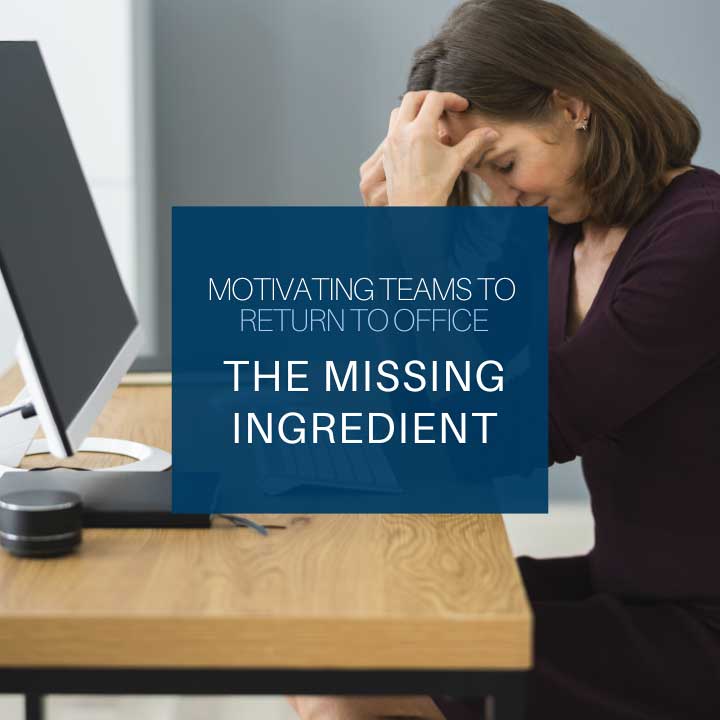
JPMorgan's Mandate: A Return to the Traditional Office Week
Prologue: The JPMorgan Imperative
JPMorgan Chase & Co., one of the world's largest investment banks, recently announced its plans to mandate a return to the traditional five-day work week in the office, reversing its initial embrace of hybrid work models. This decision has sparked widespread debate, highlighting the complexities and challenges surrounding the future of work in the post-pandemic era.
Arguments for the Traditional Work Week
Enhanced Collaboration and Productivity
Proponents of the traditional work week argue that it fosters increased collaboration and productivity. In-person interactions facilitate spontaneous brainstorming sessions, efficient problem-solving, and a stronger sense of teamwork. Studies have shown that face-to-face communication can lead to better understanding, stronger relationships, and innovative ideas.
Improved Client Relationships and Retention
Many businesses rely on client interactions and relationship-building for success. Proponents of the traditional work week believe that face-to-face meetings are essential for establishing and maintaining strong client relationships. They argue that personal interactions allow for better rapport, trust-building, and problem resolution.
Uniform Culture and Values
Proponents of the traditional work week also emphasize the importance of maintaining a uniform culture and values within the organization. They believe that regular in-person interactions foster a shared understanding of the company's mission, goals, and ethical standards. This, in turn, can strengthen employee engagement and alignment.
Arguments for Hybrid Work Models
Work-Life Balance and Flexibility
Opponents of the traditional work week advocate for hybrid work models that allow for greater flexibility and work-life balance. They argue that employees value the ability to work from anywhere, at any time, and that hybrid models allow for a better integration of work and personal life. Studies have shown that hybrid models can lead to increased employee satisfaction, reduced stress, and improved overall well-being.
Cost Savings and Reduced Environmental Impact
Hybrid work models can also result in significant cost savings for businesses. By reducing the need for large office spaces, companies can save on rent, utilities, and other overhead costs. Additionally, hybrid models promote more sustainable work practices, as employees reduce their daily通勤.
Increased Employee Autonomy and Empowerment
Hybrid work models provide employees with greater autonomy and empowerment over their work schedules. They allow employees to manage their time more effectively, set their own priorities, and work in environments that suit their individual needs. This can lead to increased motivation, creativity, and overall job satisfaction.
Critical Analysis and Perspectives
The debate surrounding the traditional work week versus hybrid models is not simply a matter of one being objectively better than the other. It involves complex trade-offs and different perspectives depending on the industry, job roles, and individual preferences.
One perspective is that the traditional work week is still the most effective way to achieve optimal productivity and collaboration. Proponents of this view believe that the benefits of in-person interactions outweigh the potential gains from increased flexibility.
Another perspective is that hybrid work models offer a valuable balance between work and personal life, without significantly compromising productivity. Advocates for hybrid models argue that the benefits of flexibility and work-life balance outweigh the potential loss of in-person collaboration.
Case Study: Goldman Sachs
In 2020, Goldman Sachs, another major investment bank, implemented a hybrid work model that allowed employees to work remotely up to three days per week. While the model initially faced some resistance, it has since been hailed as a success. The company has reported increased employee satisfaction, improved work-life balance, and no negative impact on productivity.
Conclusion: Navigating the Future of Work
The decision of whether to adopt a traditional work week or embrace hybrid models is a complex one that requires careful consideration of individual needs, organizational values, and industry-specific factors. There is no one-size-fits-all solution.
As the future of work continues to evolve, organizations must remain agile and adaptable. They must be willing to experiment with different work models and find solutions that meet the evolving needs of both their employees and their businesses. The ultimate goal is to create a work environment that promotes both productivity and well-being.
The debate surrounding JPMorgan's return to the traditional work week is a reminder that the future of work is not a static concept. It is a constantly evolving landscape that will require ongoing dialogue, experimentation, and a willingness to adapt to the changing needs of the workforce and the global economy.

Post a Comment